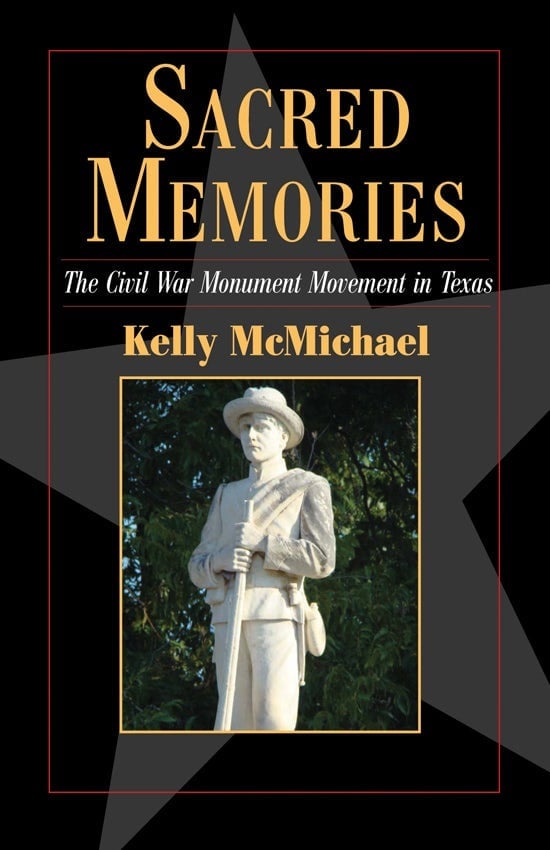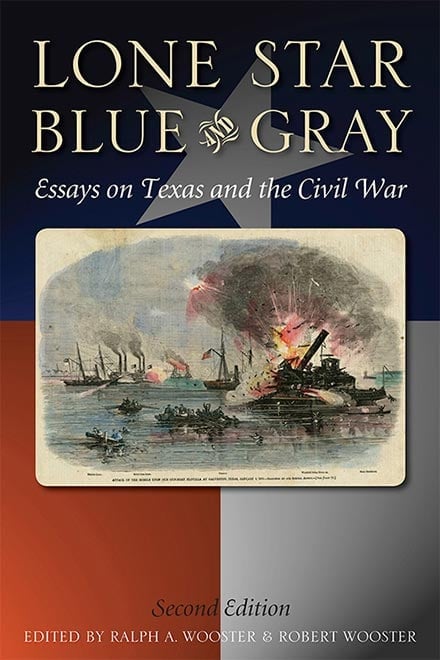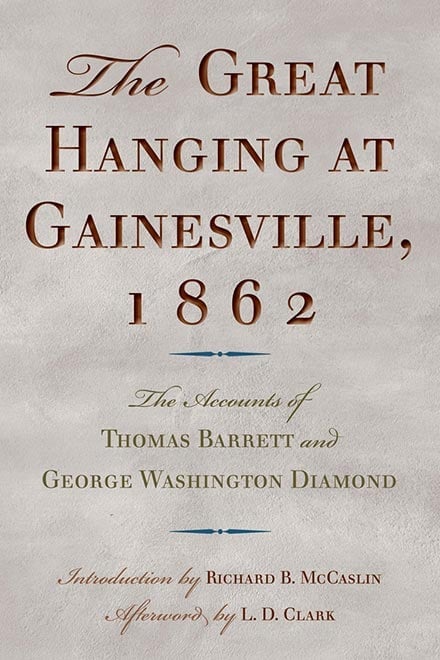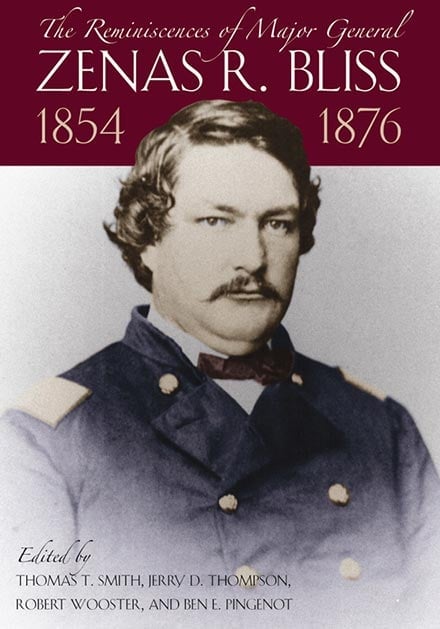Thomas Harrison, Confederate Army officer, was born on May 1, 1823, in Jefferson County, Alabama, and raised in Monroe County, Mississippi. In 1843 he moved to Brazoria County, Texas, where he took up the study of law in the office of his brother-in-law, William H. Jack. He later returned to Mississippi, where he established a practice at Aberdeen, and at the outbreak of the Mexican War he joined the First Mississippi Rifles under Col. Jefferson Davis. Harrison returned to Texas after the war and settled in Houston. He represented Harris County for one term (1850) as a Democrat in the Texas legislature before moving to Marlin in 1851. He moved to Waco in 1855 and in 1857 ran a close but unsuccessful race against Robert E. B. Baylor for district judge. In 1858 he married Sarah Ellis McDonald, the niece of Governor John Ellis of North Carolina; the couple had five children. Harrison served as captain of a company of rangers under William Cornelius Dalrymple in 1860, pursuing Indian raiders on the Pease and Canadian rivers.
At the outbreak of the Civil War he was elected captain of a local militia company that compelled the surrender of United States troops at Camp Cooper. He then transferred to the Eighth Texas Cavalry, better known as Terry's Texas Rangers. On November 8, 1862, after the deaths of Benjamin Franklin Terry and Thomas S. Lubbock, Harrison became colonel of the Terry Rangers. He was promoted to colonel of the regiment just before the battle of Murfreesboro (December 30, 1862-January 3, 1863). His command served under Maj. Gen. Joseph Wheeler through the Chickamauga (August-September, 1863), Chattanooga (October-November, 1863), and Atlanta (May 1-September 8, 1864) campaigns, and in the resistance to Maj. Gen. William T. Sherman's campaign in Georgia and the Carolinas. When Joseph E. Johnston surrendered at Durham Station, North Carolina, Harrison advised the Texans to cut their way through the Union lines and rally in the West. Characterized by one of his soldiers as "a small, nervous, irascible man," Harrison was never popular with the regiment because of his attempts to enforce discipline in the ranks through corporal punishment. Ranger lieutenant Frank Batchelor could find no fault with Harrison "except that he is addicted to getting drunk & does it when battle is pending & has thus lost the confidence of his men & injured our effectiveness against the enemy." Harrison was wounded early in March 1865 in a cavalry skirmish near Johnsonville, South Carolina. Disabled from service, he had left his command to recover from his wound when, on or about March 15, he received official notice of his appointment by President Jefferson Davis as a brigadier general, to rank from January 14, 1865. The terms of the appointment required the taking of an oath of office, which Harrison fully intended to do, but his wounds and the surrender of General Johnston's army on April 26, 1865, prevented his doing so, and he never returned to his command. He went back to the army and without surrendering made his way to Macon, Mississippi, where he was paroled on May 31, 1865. Upon returning to Waco he swore a loyalty oath and in July 1865 applied to President Andrew Johnson for a special pardon; it was granted in 1866. Thereafter Harrison entered politics. He was elected district judge on June 25, 1866, for the Nineteenth District, Lampasas and McLennan counties, but was removed. He was a Democratic presidential elector in 1872. Unreconstructed to the end, he died in Waco on July 14, 1891, where he is buried. Thomas Harrison was the brother of James E. Harrison.
Is history important to you?
We need your support because we are a non-profit that relies upon contributions from our community in order to record and preserve the history of our state. Every dollar helps.
Clement Anselm Evans, ed., Confederate Military History (Atlanta: Confederate Publishing, 1899; extended ed., Wilmington, North Carolina: Broadfoot, 1987–89). Leonidas B. Giles, Terry's Texas Rangers (Austin: Von Boeckmann-Jones, 1911). H. W. Graber, The Life Record of H. W. Graber, A Terry Texas Ranger, 1861–1865 (1916; facsimile, A Terry Texas Ranger, Austin: State House, 1987). Sidney S. Johnson, Texans Who Wore the Gray (Tyler, Texas, 1907). James D. Lynch, The Bench and Bar of Texas (St. Louis, 1885). Jon L. Wakelyn, Biographical Dictionary of the Confederacy (Westport, Connecticut: Greenwood, 1977). Ezra J. Warner, Generals in Gray (Baton Rouge: Louisiana State University Press, 1959).
The following, adapted from the Chicago Manual of Style, 15th edition, is the preferred citation for this entry.
Thomas W. Cutrer,
“Harrison, Thomas,”
Handbook of Texas Online,
accessed May 02, 2024,
https://www.tshaonline.org/handbook/entries/harrison-thomas.
Published by the Texas State Historical Association.
TID:
FHAAF
-
Original Publication Date:
-
1952
-
Most Recent Revision Date:
-
January 1, 1995
This entry belongs to the following special projects:









